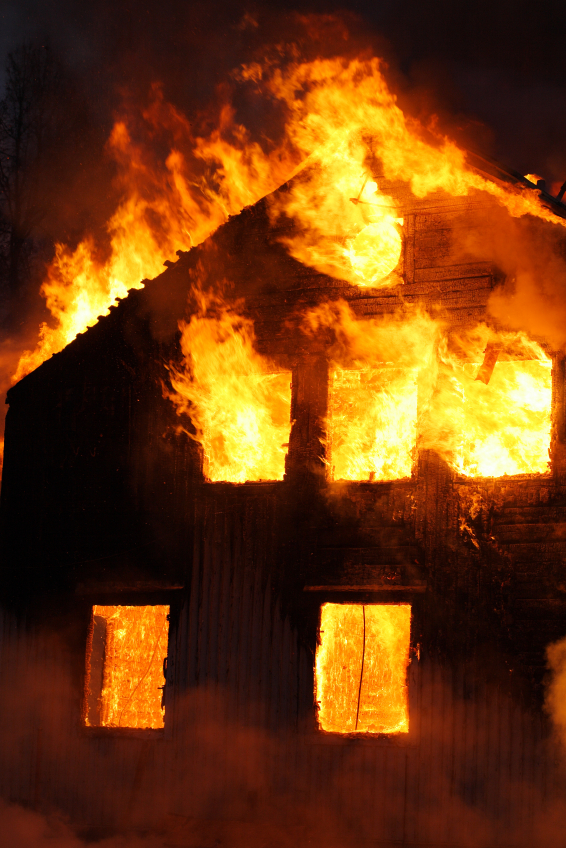Blog — The Snow Report
When it Comes to Fighting Fires, Anticipate.
Posted on August 15, 2011 by admin
 I remember being in elementary school and visiting the fire department. During the tour, the fire chief discussed several things but what I remember most were his words about how every home should have multiple fire extinguishers; that each family should have an evacuation plan; the importance of the “stop, drop and roll”; and that every bedroom on a second floor should have a portable ladder in its closet. Learning to “stop, drop and roll” was certainly easy and appeared to be a no-brainer, but I remember being mortified when I got home armed with all of this new knowledge and expertise to discover that my parents not only didn’t have portable ladders (I had a second-floor bedroom), but there was nary a fire extinguisher in the house or any kind of evacuation plan – discussed or written. It all seemed so irresponsible despite being what appeared to be such an obvious and fundamental need.
I remember being in elementary school and visiting the fire department. During the tour, the fire chief discussed several things but what I remember most were his words about how every home should have multiple fire extinguishers; that each family should have an evacuation plan; the importance of the “stop, drop and roll”; and that every bedroom on a second floor should have a portable ladder in its closet. Learning to “stop, drop and roll” was certainly easy and appeared to be a no-brainer, but I remember being mortified when I got home armed with all of this new knowledge and expertise to discover that my parents not only didn’t have portable ladders (I had a second-floor bedroom), but there was nary a fire extinguisher in the house or any kind of evacuation plan – discussed or written. It all seemed so irresponsible despite being what appeared to be such an obvious and fundamental need.
This same sentiment can be applied to businesses – big or small – when they find themselves in an unlikely situation where internal and external communication must be managed delicately. While the majority of large corporations and businesses have plans in place to address potential conflicts or adverse issues, there are still plenty of companies that don’t.
Termed crisis communication plans, these well thought-out processes and steps can be just as critical to a business as an evacuation plan would be to a family dealing with a fire in the middle of the night. A crisis communications plan is often the Holy Grail for business owners that need a strict and formal guide to light the way for how they are to deal with their situation – step by step – during what would most likely be a very tense time when emotions run high.
Plans should be as comprehensive as possible and include employee designations, contingency plans and prepared statements (which can be modified if necessary). Author Otto Lerbinger wrote in his book “The Crisis Manager” that there are at least seven different crisis categories that can either be considered acts of nature or human error. Preparing for both is necessary and in today’s communications realm, social media will also require a significant focus. While this endeavor will require a concerted effort and a lot of time, the payoff is invaluable. While some crises are much more dramatic than others, developing a plan that considers the situations with the most potential, can save a company valuable resources, not the least of which is its reputation.
As the fire chief once said, having an evacuation plan will make all the difference should your house catch on fire.